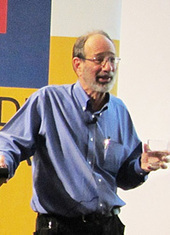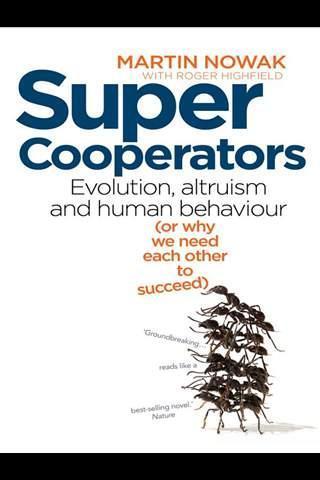The Prize was announced this morning and the laureates are Alvin E. Roth of Harvard University and Harvard Business School and Lloyd S. Shapley of the University of California, Los Angeles. The work they have been honoured for concerns matching problems
Research and publish the best content.
Get Started for FREE
Sign up with Facebook Sign up with X
I don't have a Facebook or a X account
Already have an account: Login

 Your new post is loading... Your new post is loading...
 Your new post is loading... Your new post is loading...
|
|
















